Modern Mini-Manifesto
Tuesday 15th November 2022
MY MANIFESTO FOR PROPERTY & PROSPERITY.
National Infrastructure.
Any GCSE Geography student can tell you there is a direct correlation between good infrastructure and economic prosperity. It used to be about transport links but in this modern age it is also about high-speed internet connections. Internet speeds in London are not great and need to be improved, but in parts of the rest of the country - Warwickshire, Yorkshire & West Wales in my recent personal experience - the internet connections are diabolical. Good internet access on trains would help business people enormously too.
Free up Pension Funds to invest in UK infra-structure projects.
The Government and the Bank of England are trying to push towards allowing Defined Contribution (DC) Pensions to invest in illiquid or in their parlance ‘less liquid’ assets.
Weirdly, there is some - not much - resistance from some facets of the industry. The Productive Finance Working Group has made an interesting (to policy wonks and me) report.
See here if you too are a wonk: www.bankofengland.co.uk/-/media/boe/files/report/2021/roadmap-for-increasing-productive-finance-investment.pdf?la=en&hash=F92ADDFB1B815895AAFCC21CE6A29C5B0A74D6B7
If not a wonk, the premise is that pension funds are currently not allowed to invest in large long-term infrastructure projects and it makes sense that they should be able to. Billions of £ are sitting there with poor yields, and they could be better employed helping to fund much needed UK infrastructure.
Immigration.
When we were in the EU we effectively ran a ‘racist’ immigration policy, and the EU still does. Now we can take immigrants from all over the world without restriction. That word ‘restriction’ is key though. Our current politicians insist we need to restrict immigration to high skilled workers only.
This is nonsense - we should be aiming to train up our own population to be the skilled employees and allow young eager people looking to seek their fortune to come from anywhere in the world. That is what will fill the vacancies in construction, hospitality and even cleaners where we are crying out for workers. The quickest route to achieving this is to expand the Youth Mobility Visa Scheme which allows 18-30 year-olds to have work visas for a couple of years. Currently, it is done on a reciprocal basis with countries who offer our young people the same facility.
I would make it unilateral and offer 5 year Visas during which they have to have private medical insurance, and are entitled to minimum benefits. After 5 years ‘good service’ these people could apply for full UK citizenship - and be granted it, liberally.
Thames Estuary Airport.
I know airport expansion is considered non-green these days but I would argue that a bespoke Thames Estuary Airport is a greener option than expanding Heathrow. I don't give up hope on this important infrastructure project, despite it having been on the back burner for some years having been quashed by the various vested interests. Heathrow is still not fit for purpose and one extra runway does not meet the long-term needs of the UK. A fourth (and phenomenally expensive) runway will be inevitable.
Vision (and pension pot funding) is required in the form of a brand new, bespoke airport in the Thames Estuary, to the East of London. This - coupled with good train links to Paris and Brussels - will help unlock the huge potential of the eastern side of London, without having a detrimental effect on the West of London, which would become a peaceful and more valuable area to live in, whilst retaining its excellent transport links.
A large expandable airport will link us to the world and help drive future UK prosperity.
Brownfield Sites in East London.
Build, build, build. This will go a long way to solving the housing shortage in the South East, and just where people want to be.
The Greenbelt.
Have you been to the Greenbelt recently? Some of it is a hideous hinterland.
I understand why the post-war Government tried to limit the sprawling growth of towns and cities, but this is an outmoded way to do it. I am not suggesting building on lovely meadows, or hacking down woodland, but there are many areas that could be built on, with new housing interwoven with woodland, parkland and amenity land. People appreciate an attractive local park and proximate football pitches, but rarely make the effort or can afford to visit the Greenbelt. Green belt scrublands are close to current infrastructure too.
Planning Restrictions.
There are a multitude of ways, too extensive to set out in detail here, to free up our planning blockages.
My particular angle is that I think we have allowed left-wing insistence on developers funding and including ‘affordable’ housing or social provision for every sizeable development. The net effect is it makes building new homes more expensive and less likely to happen. My solution is for Councils, who can access cheap debt from Central Govt. buy land to build their own social housing. I also, have a pet theory that Councils should buy back flats on their own estates which are currently in the hands of buy-to-let landlords who are finding it hard to make ends meet. With mortgage interest no longer offsetable before tax and rates rising, landlords like this might happily sell at this point and even for a small discount. Then the Councils have social housing stock in buildings they already own and manage.
Hogging Huge Houses.
This is when older people stay in houses that are far bigger than their needs require. In addition to the usual resistance to move from a loved home, the huge cost of selling and re-buying puts them off moving to more suitable smaller homes. We need to make it easy and inexpensive for older people to free up their houses for better use by growing families. A nuance to this is that I believe these older people downsizing ought, where possible, to have a second bedroom and bathroom. This gives room for future carers, be they family or hired hands, to live-in thus helping the elderly person to stay as long as possible in their own home, rather than in a nursing home - which everyone hates!
Taxes.
Now this is a big one. Nearly all the taxes (and tax reliefs) that we have on property in the UK manage to create artificial hurdles, or are positively punitive. The net effect is that we have a property market, in Central London in particular but elsewhere too, which is hugely distorted by investment owners - once they get hold of the asset, they do not sell. High transaction taxes stifle liquidity and create a shortage of supply, which exacerbates further the already artificially high prices. We need a completely different approach to property taxes aimed at creating a fluid market. This will increase supply and ease the constant upwards pressure on prices that make life so difficult for normal citizens. The extra activity around property transactions will generate masses of VAT for HMRC, which will far outweigh the sums currently raised from Stamp Duty and CGT.
Our Attitude.
This is the biggest one! Too many of us rely on the ever-increasing value of our homes for our perception of prosperity and as our pensions. Our national obsession with the value of property is caused in large part by the fact that our homes do tend to go up in value, often facilitated by the false taxation models employed by the Treasury. I know that my own house has earned more than I have in the last three years. Not hard, actually! No wonder people in this country tend to invest in property rather than business and innovation. Taking away the artificial tax distortions will help, but we need strong far-sighted politicians to stand up and make the case for a different more long-term approach, with investment in business and not always property.
Fat chance I hear you say, and you may be right - but look into your soul - we get the politicians we deserve.
Until next time…

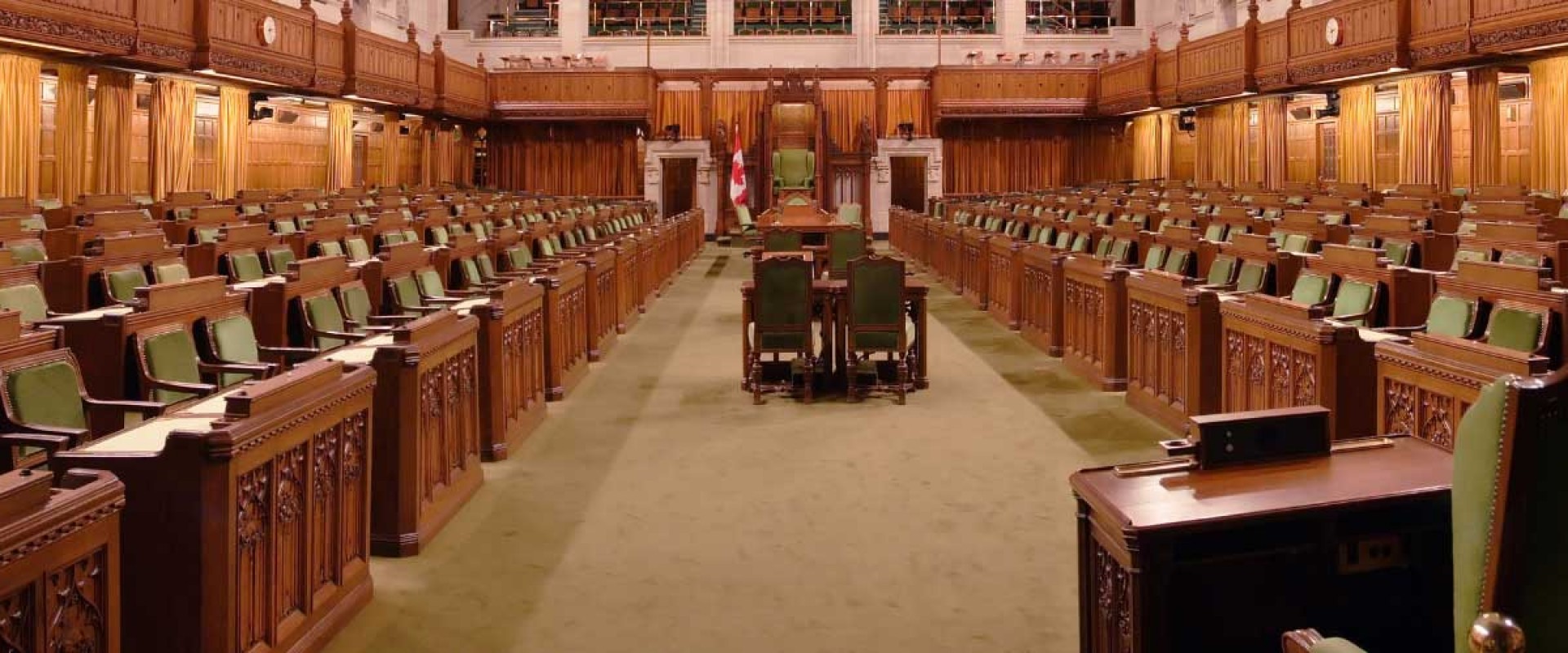

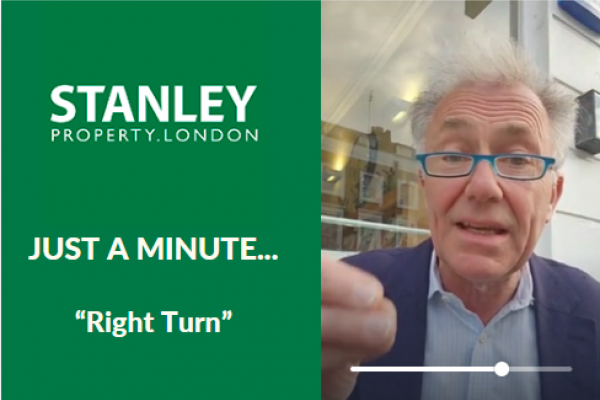
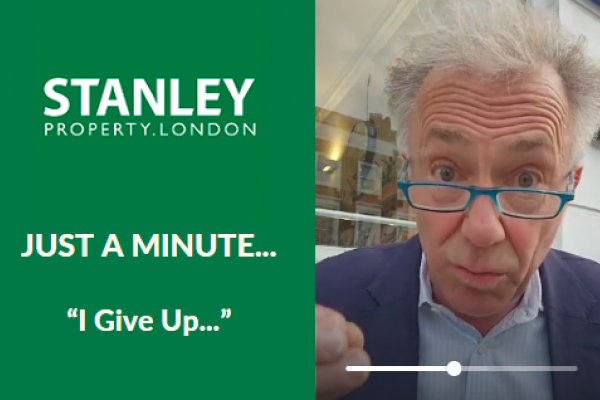

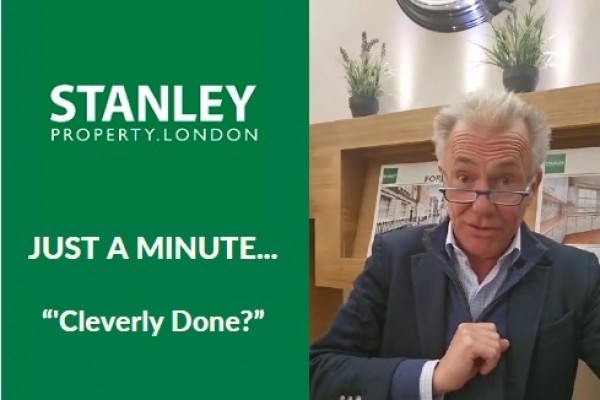
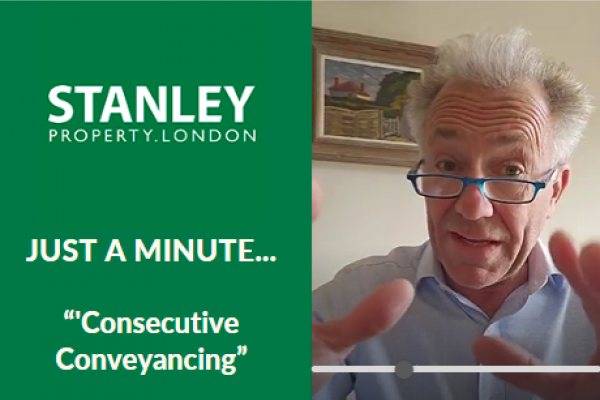

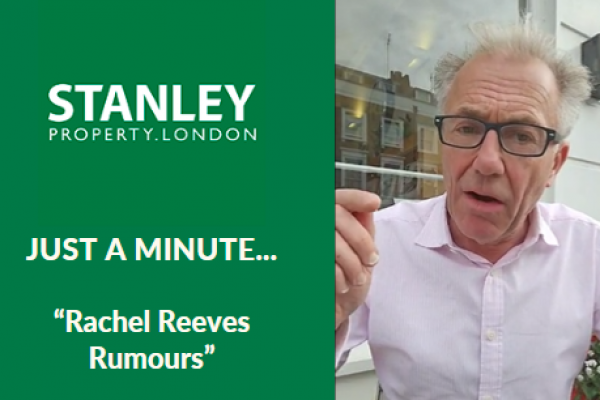
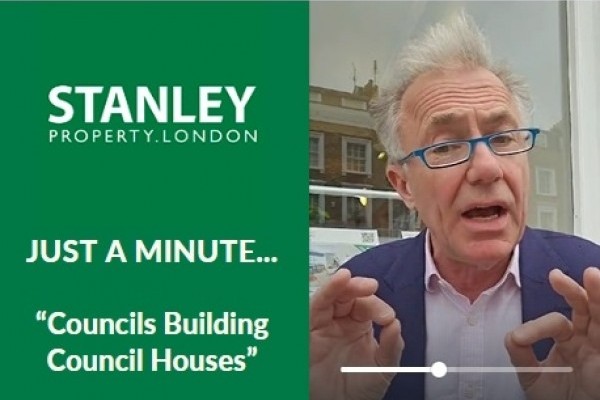

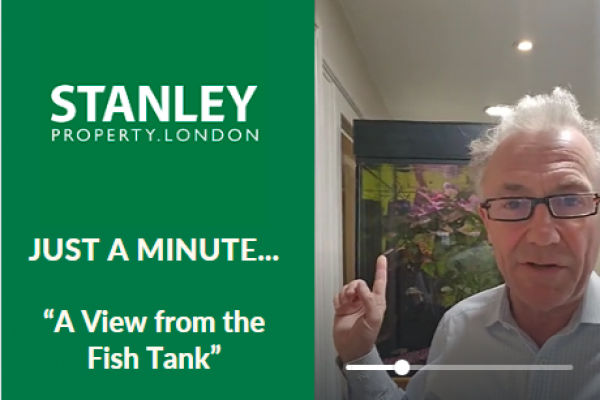
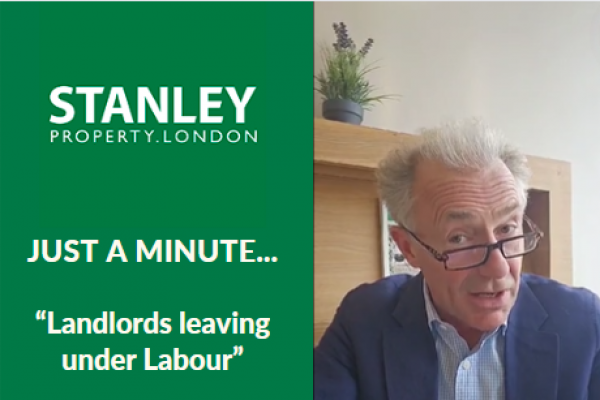

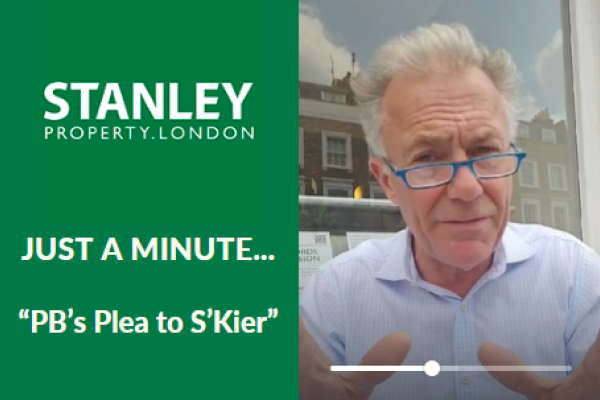
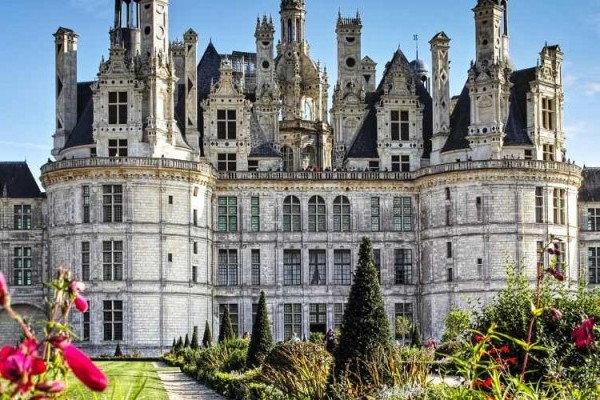
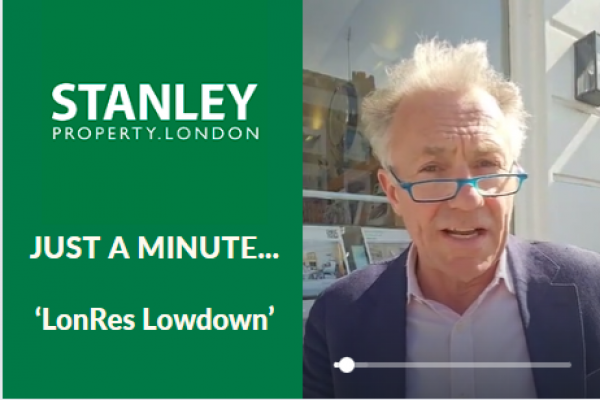
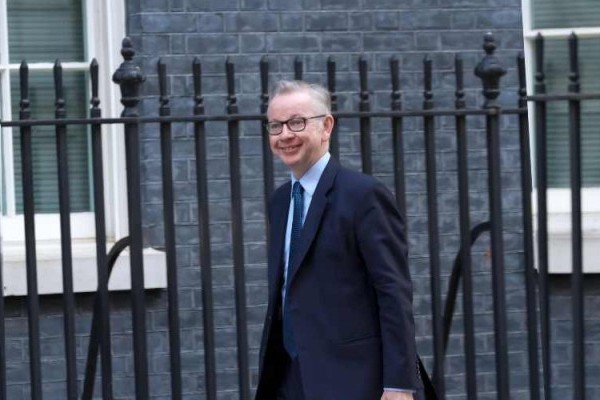
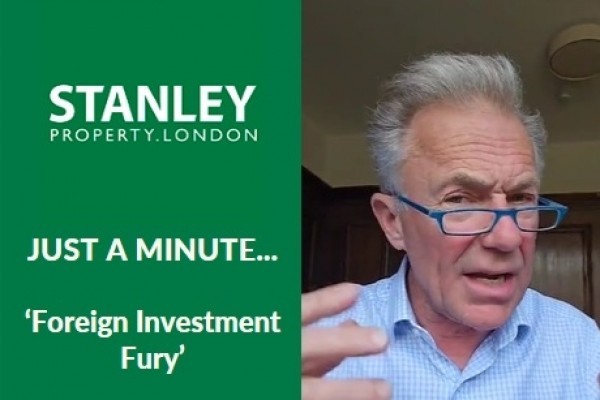

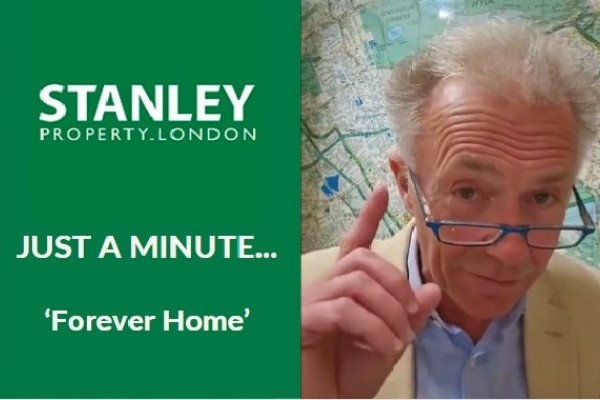

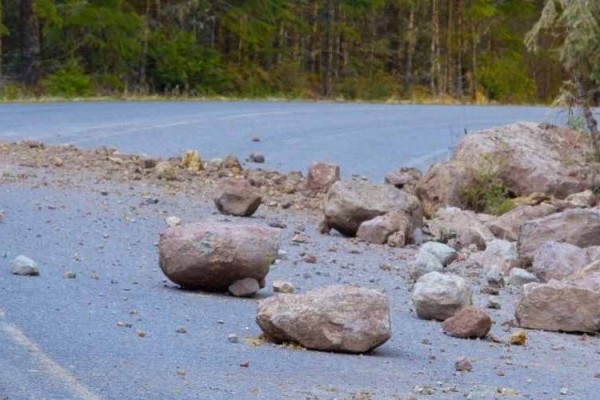
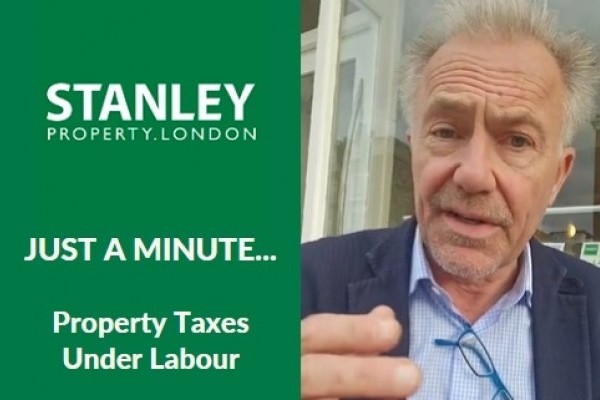

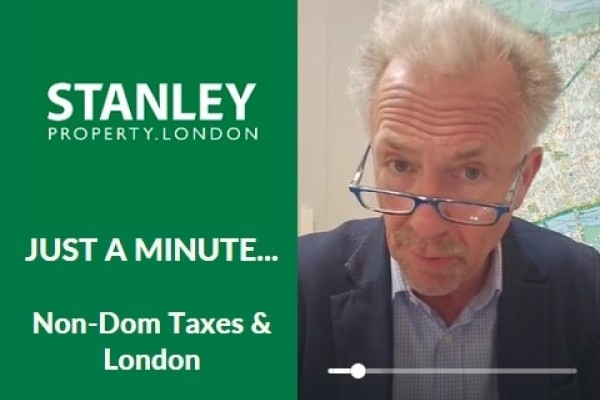

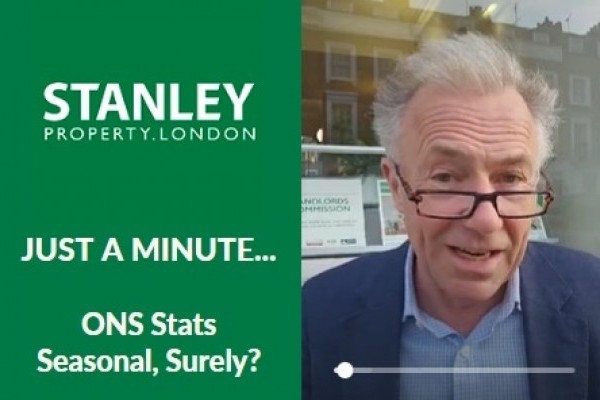

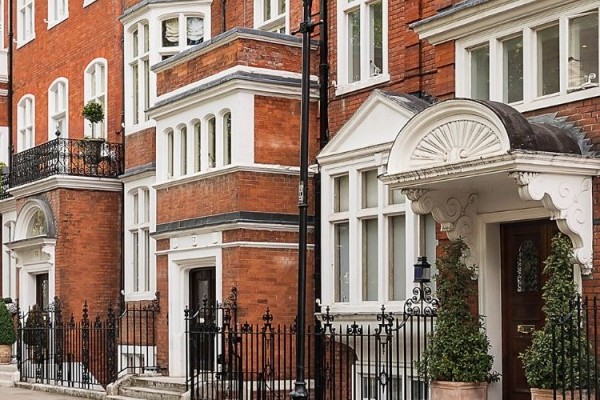
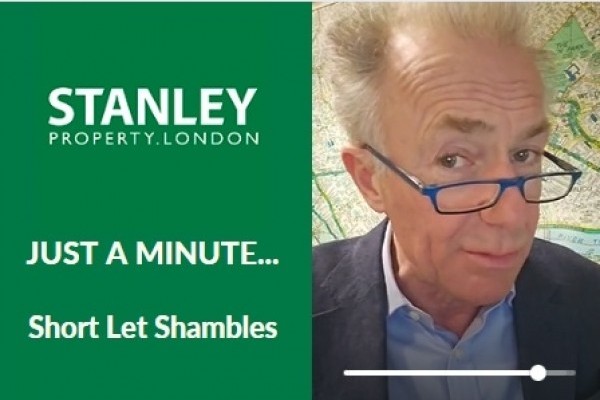
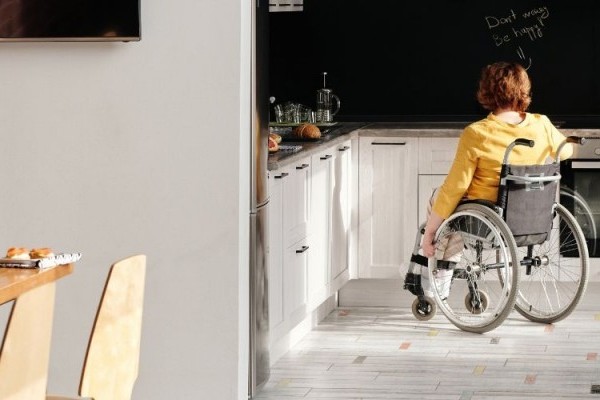

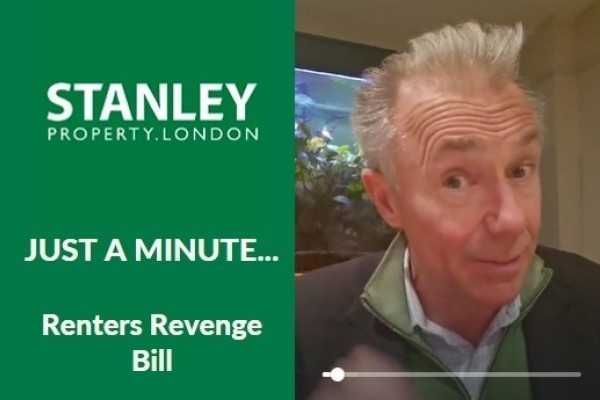
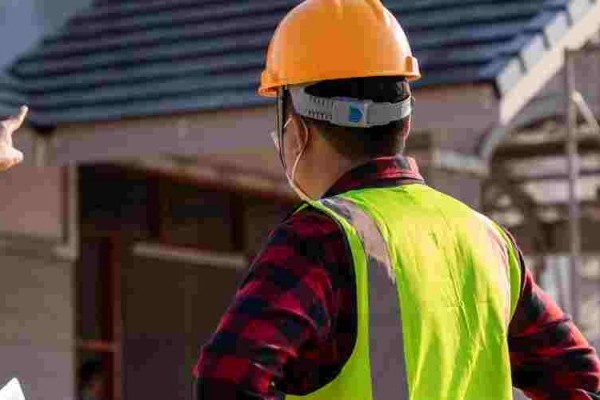




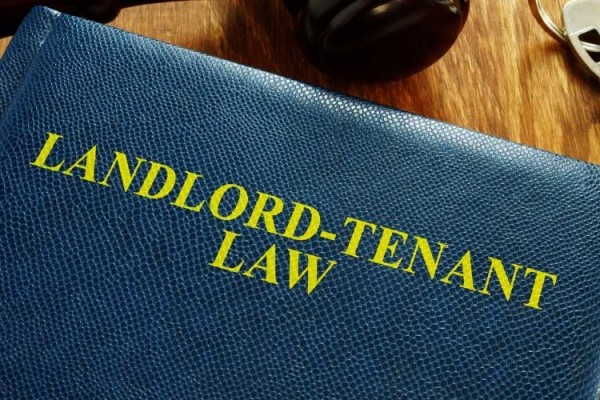
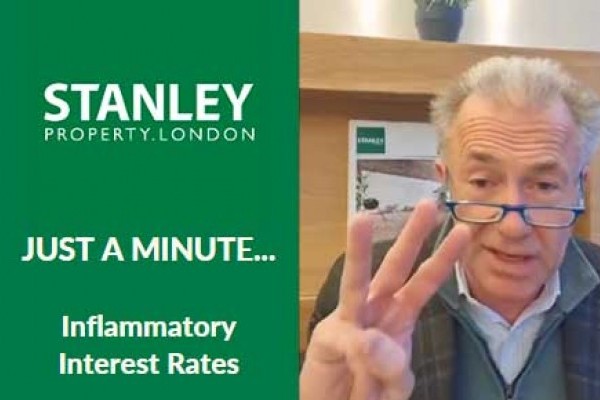
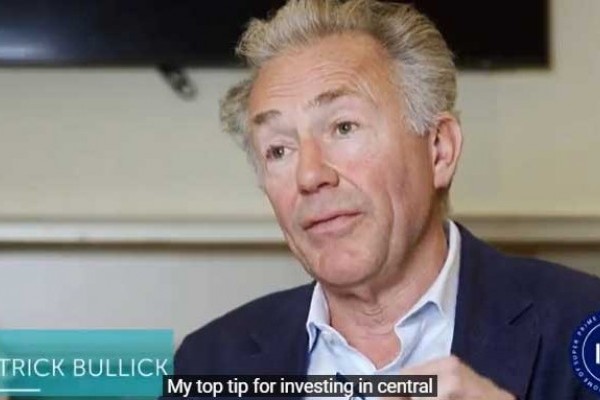

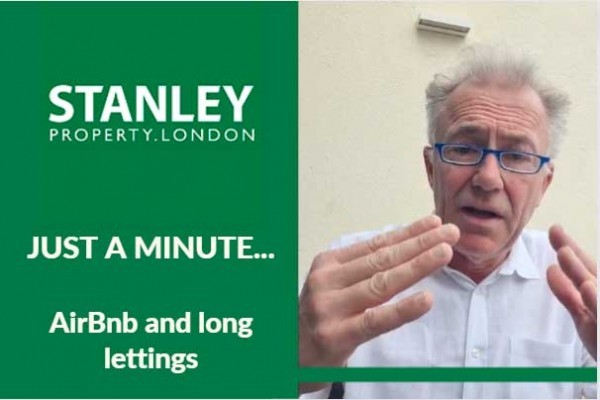



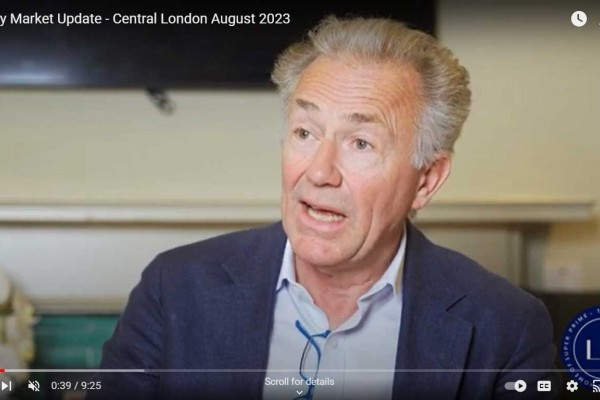

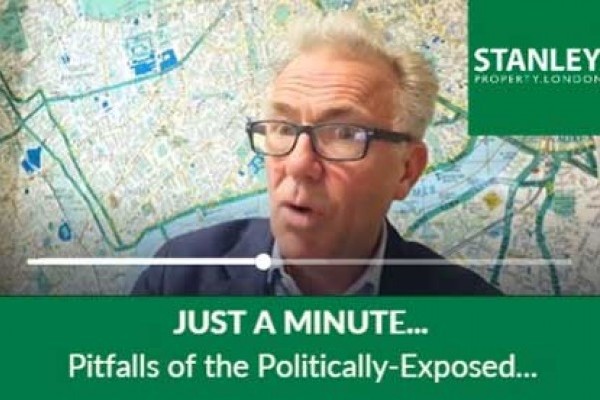



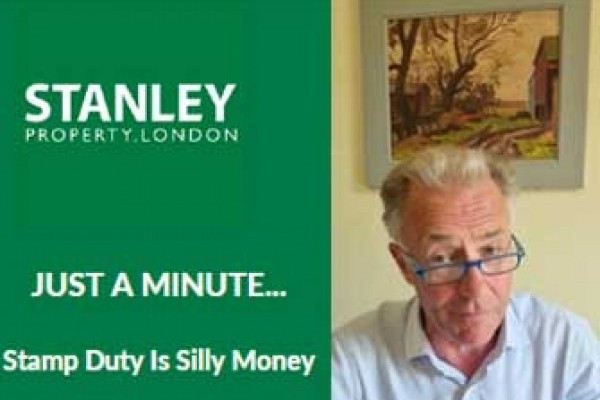

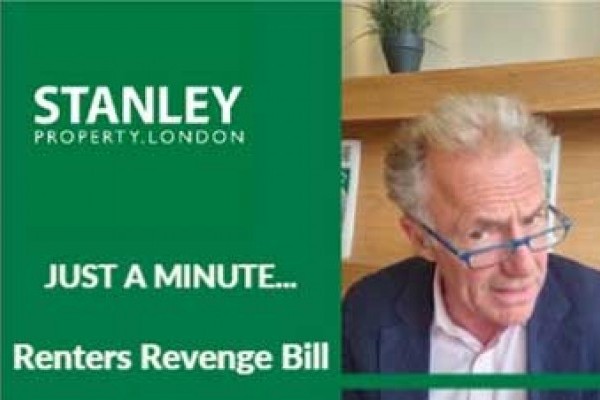





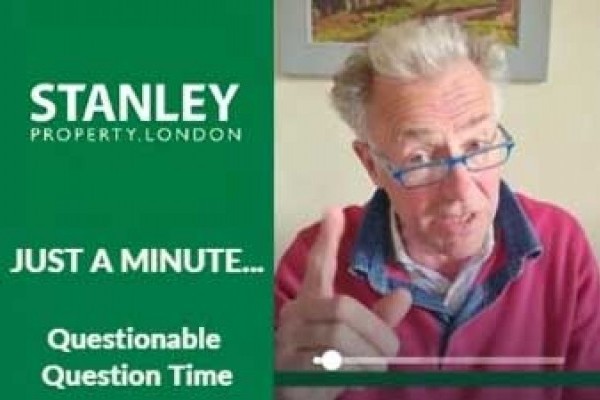


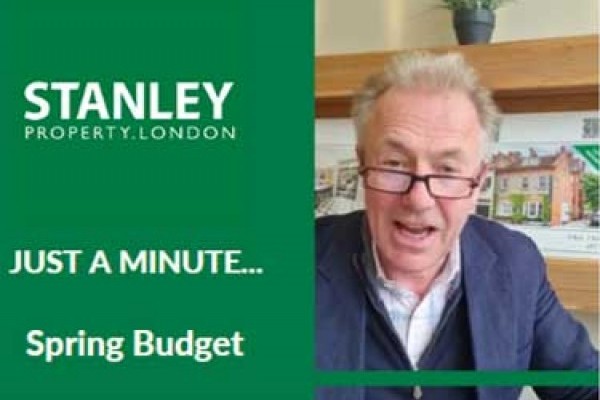


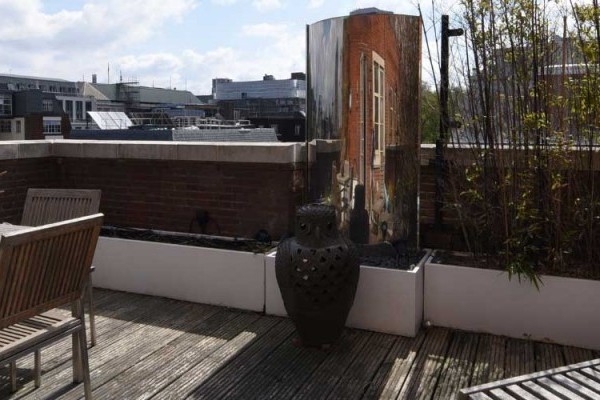































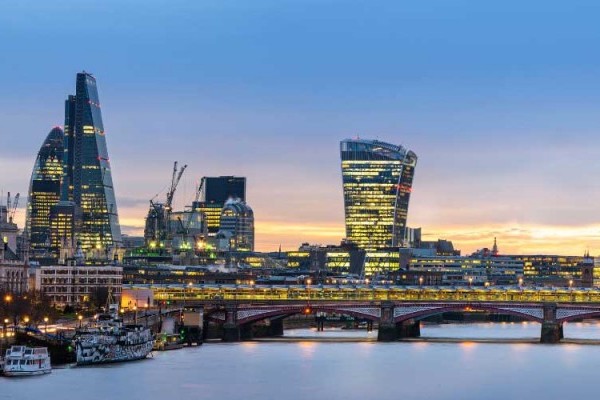







Share this article
k L E D